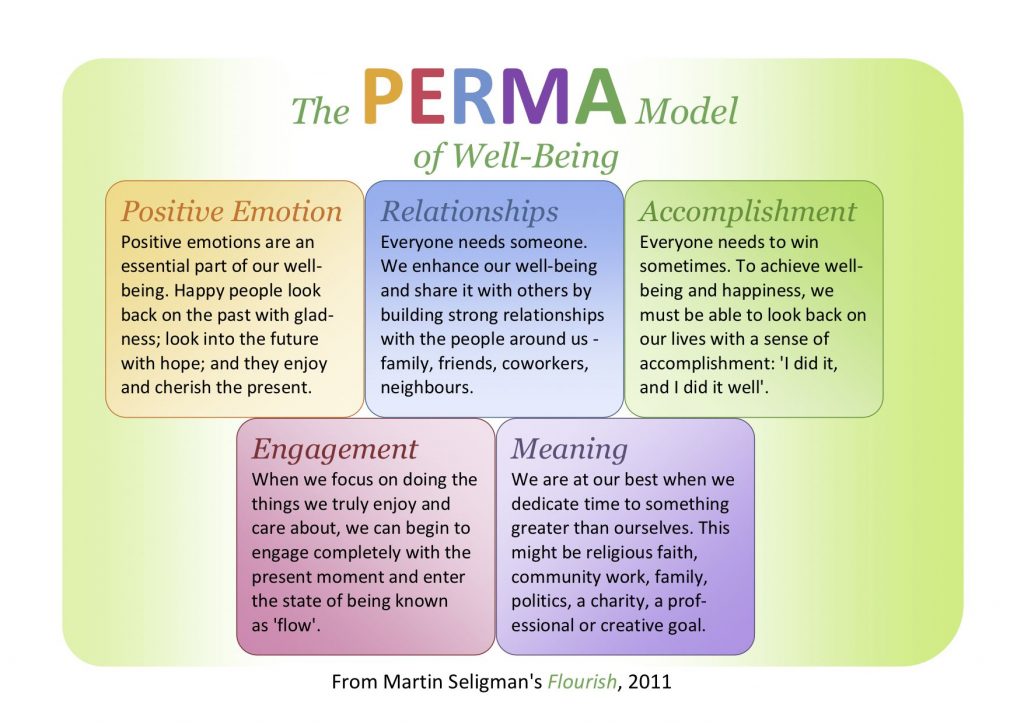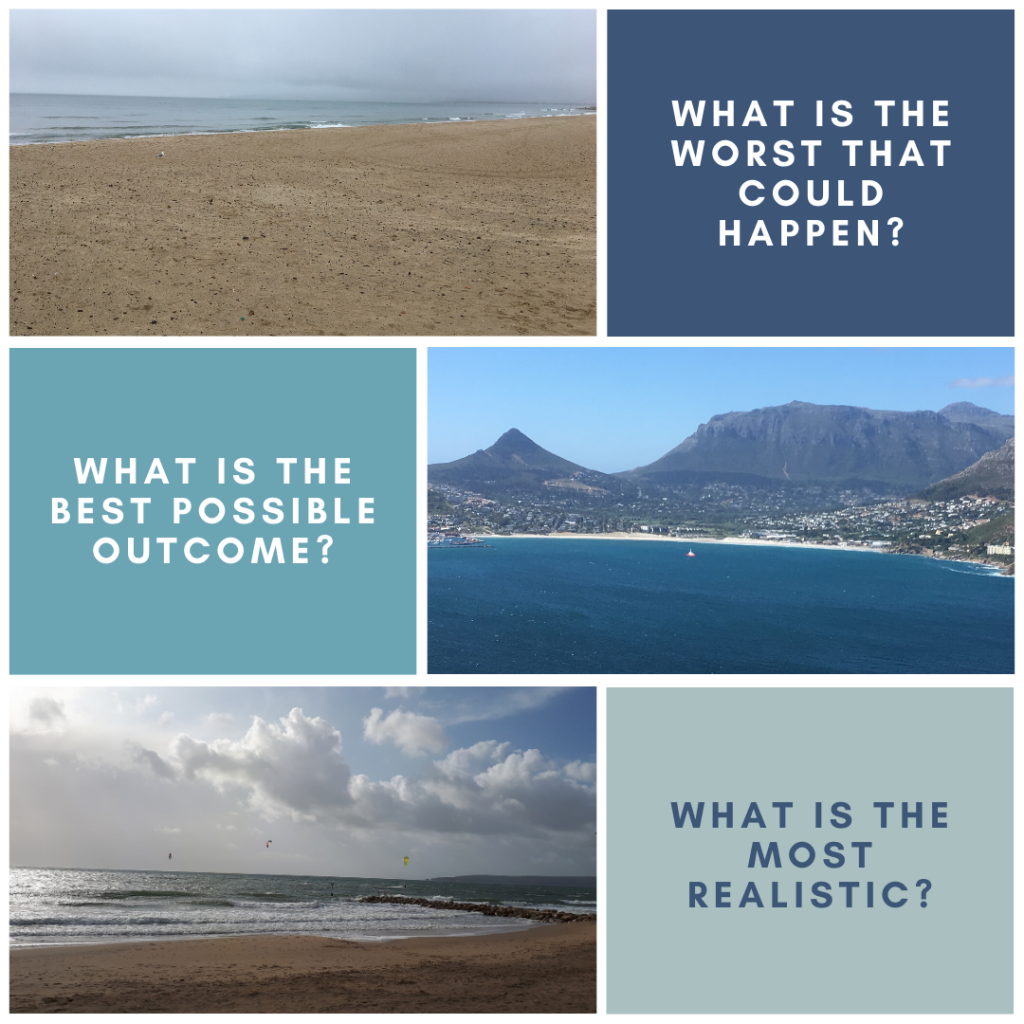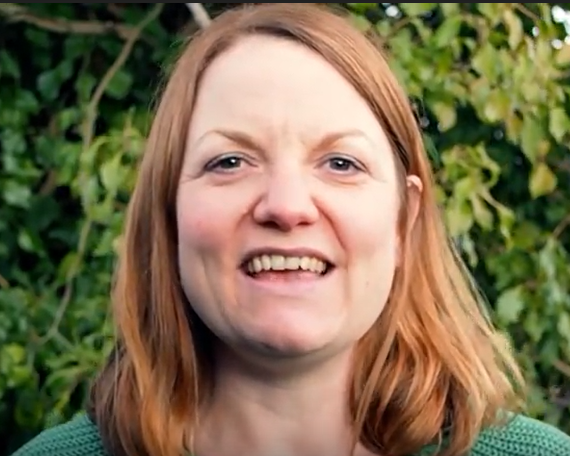Can smiling really help your wound heal faster?

Martin Seligman is a huge positive psychology guru and I was first introduced to his work when his book “Flourish” appeared on the reading list for my coach training. Again he appeared when a friend was studying the impact of optimism in project management. It is certainly fair to say that he has some pretty interesting and useful things to say. So, at the chance of meeting him, I jumped. OK, so it was online, and there were a few thousand others with us, but hey, I saw him, “drank tea with him”, and heard his new puppy dog!
I have summarised the key points I picked up and they largely fall into these categories:
- Research and musings (a great deal explored the current pandemic too)
- Questions to ponder
- Hints, tips, models and exercises for people not feeling so great and those that feel they have no hope
This session aired during the COVID19 pandemic, a time when we all really needed to have some belief that we have a future too.
Research and musings:
Research from Sheldon Cohen suggested that, in a pandemic, the biggest predictor of how an individual will experience an illness is their feelings e.g. those who generally feel happy or cheery (e.g. smiling), and who have lots of fun, will experience colds less severely. He also measured optimism. Whilst it wasn’t a predictor for how we might experience colds, it did show that people who are optimistic come out and recover faster (e.g. wounds).
Furthermore, research shows that when recovering from a wound, healing is faster in those with a higher well-being. They also take less medication after surgery. I looked into this a little more, and found a few more things. Did you know, for example, that there’s even a thing called “PJ Syndrome”? This covers the situation where those that stay in their PJs in hospital, do less, than those that get dressed. Stands to reason therefore, that they would take longer to heal too. For a bit more depth on this, take a look at the research showing the detrimental effect of psychological stress on wound healing – that’s pretty scary.
So what is a higher well-being? Seligman describes some people as being sun spots, full of energy, good cheer, optimism.

The model that he developed is called PERMA. It represents the following (see image for further details) – Positive emotion, Engagement, Relations, Meaning, Accomplishments. PERMA brings better health and resilience not only to you, but to those you care for and having a belief that you can change important events in your life (agency and efficacy) relate to progress (how well we do in our day to day life). You can even take a “test” on his site to see how “PERMA” you are.
What is so difficult about thinking positively? Martin explained that we have an ice-age mentality. That is, we are wired for catastrophisation e.g. “famine is coming”. It works well when we might get attacked by a bear, but not so much for day to day “threatening” emails or even flourishing situations. An example; when was the last time you woke to a glorious day and said “great, every day will be like this from now on…”?
Many people ask Martin, “What is the best route to a meaningful life?” and he shared his clear answer; helping other people. And his advice for someone who is depressed is to ask themselves “What is one thing you can do for someone else?”. He also discussed “What is the difference between realistic and outright optimism?” . Instead of answering, he demonstrated it using a technique people could apply:
- Visualise your route to success on a particular project or situation
- When is pessimism appropriate? (by the way, my friend found in project management, that this was in estimating project costs, so as not to underestimate right at the start and run out of budget later)
- What are the consequences?
- What is the cost of failure? E.g. if you are going to the pub without a mask right now (in the middle of the COVID19 pandemic), the cost of failure is high, maybe catastrophic, so a pessimistic view is useful here…
Questions to ponder:
What sort of person do I want to be?
- What is the best part of myself that can show up today? Richard Layard, founder of Action for Happiness was in conversation with Martin and recommended that we connect with the best and deepest part of yourself (resolve the fear!), find your “god” within (NOTE: all types of “god” are available, interpret this as you wish!).
What HAS the pandemic brought us?
- There is nothing like coming face to face with death (the pandemic) to focus the mind. It draws us to ask “What do we really care about?” Richard Layard posed a suggestion – Imagine if the happiness of people was a government objective? The closest I think I have seen to this is when New Zealand announced a budget for well-being.
- Things have been done that we never imagined possible (Nightingale hospital in London, numerous other NHS projects have been fast-tracked), so what else is possible now?

ADVICE & TECHNIQUES:
He shared some advice and techniques based on questions raised in the Q&A:
An exercise to put things in perspective:
Think of a situation that you are concerned about.
1. Conjure up in your mind, the very WORST thoughts, what is the absolute worst that could happen?
2. What is the best possible outcome?
3. What is the most realistic?
What is the best way to help people who are really struggling to find ANY hope or joy right now?
- Ask the person, “before the pandemic, what gave you the most joy?”. Support them to generate a list of as many ideas as possible, right to the smallest thing, like enjoying your favourite tea. Sometimes it’s gone without us even tasting it.
- Then ask them, from the list, “What can you do now? Who could you help?”
How can I help family and friends? Invariably, people have worries about what they see or hear in the media. My favourite personal phrase is that “worry is a mis-use of the imagination”! One thing that can help these situations is to counter the worst news they are imagining, with as accurate view as possible of reality. Here is where the perspective exercise can be useful. Share it with them, and explore the options together.
How can we work with Learned Helplessness? (this is where a person has experienced a stressful situation repeatedly. They come to believe that they are unable to control or change the situation)To answer this question, Seligman neatly pulled together most of the earlier content. He talked about “fighting our way out” (if you check the definition of fight it makes sense; overcome, eliminate or prevent). We can get back in control by building PERMA. We can get closer to reality by doing the perspective exercise as well as find things you love and DOING THEM (or more of them!).
I hope you have found this as insightful and thought provoking as I did. I think my three key take outs are:
- SMILE and choose how you show up
- Be more PERMA
- Do more of what you LOVE
The positive effect of the simplest thing as a smile will have far reaching beneficial impacts. So, what will you do TODAY that puts a smile on your face?
The session was recorded, so you can fill in the blanks by watching on YouTube, and of course share further with those that you think might benefit.

Sheela Hobden is a Coach at bluegreen Coaching. Following her own mental health battles, she now coaches individuals, runs training sessions and speaks at conferences. She has a real passion for helping medics and healthcare professionals take as much care of themselves as they do their patients in whatever life or career conundrums they face! She is also a Mentor Coach and Coach Supervisor. She has a PGCERT in Business and Personal Coaching, holds PCC member status with the ICF and is CIPD qualified. She challenges herself with ultra distance running and Ironman. Find her at www.bluegreencoaching.com or swimming in the sea, in Poole, Dorset
Get more ideas and tips by joining her newsletter tribe – sign up below!
Better still, book in to speak with her directly?

